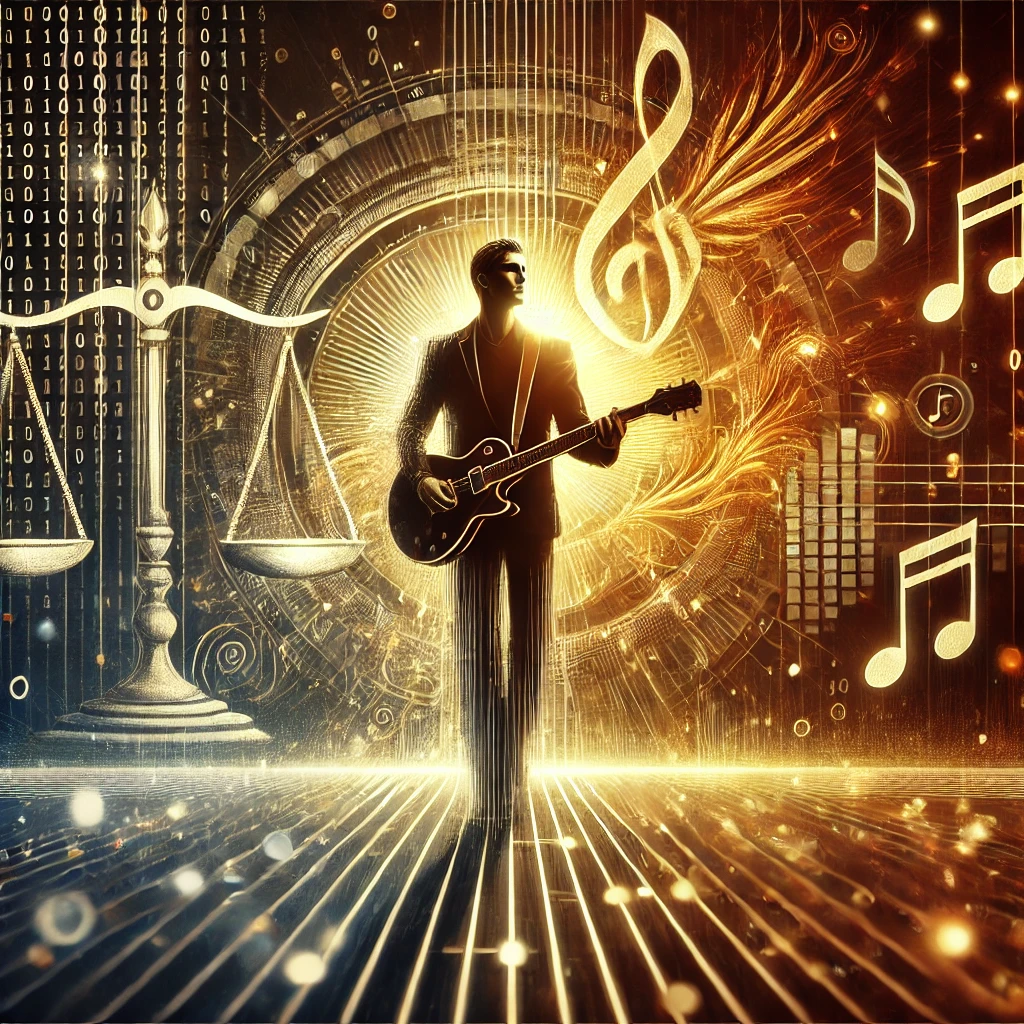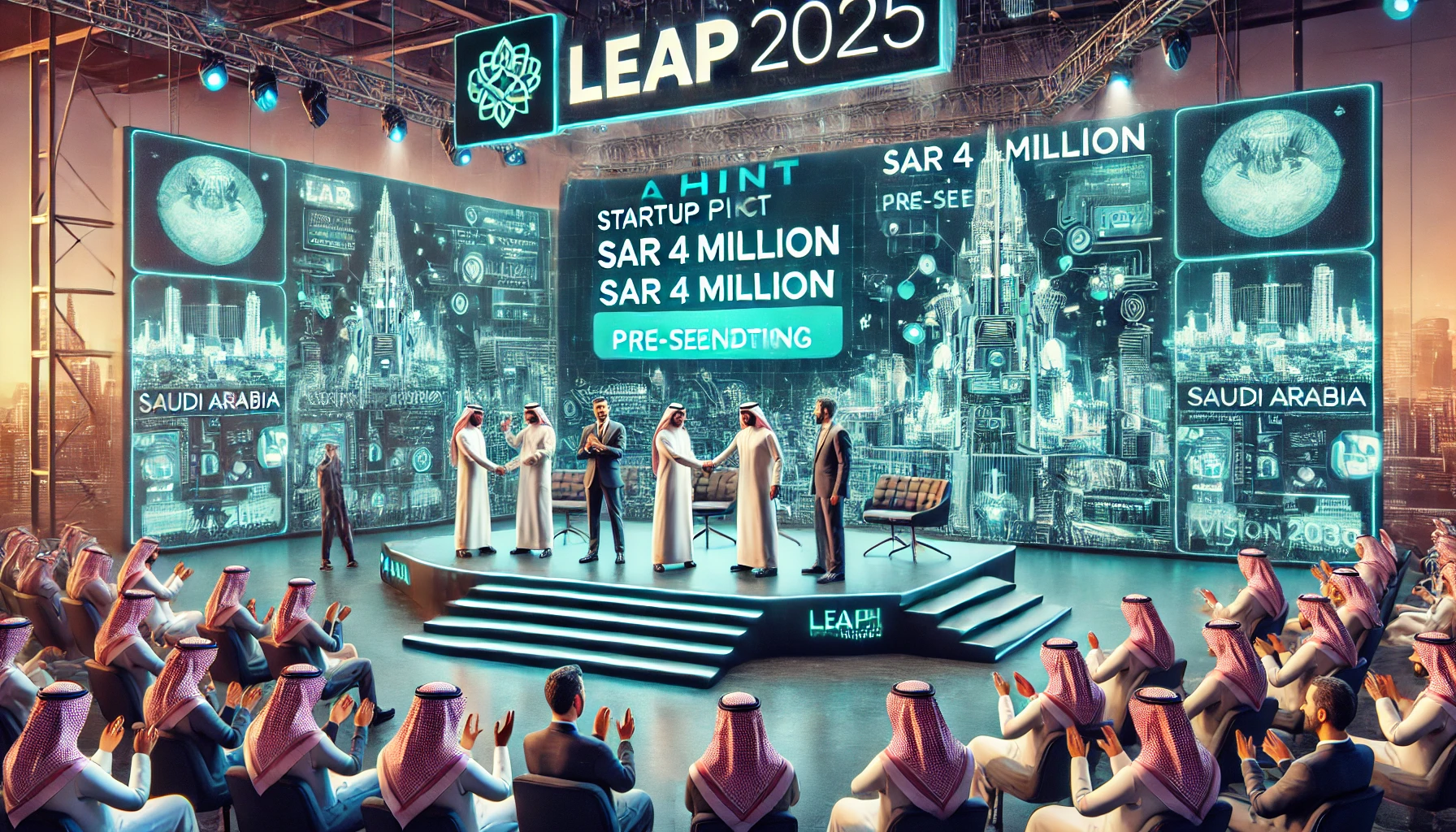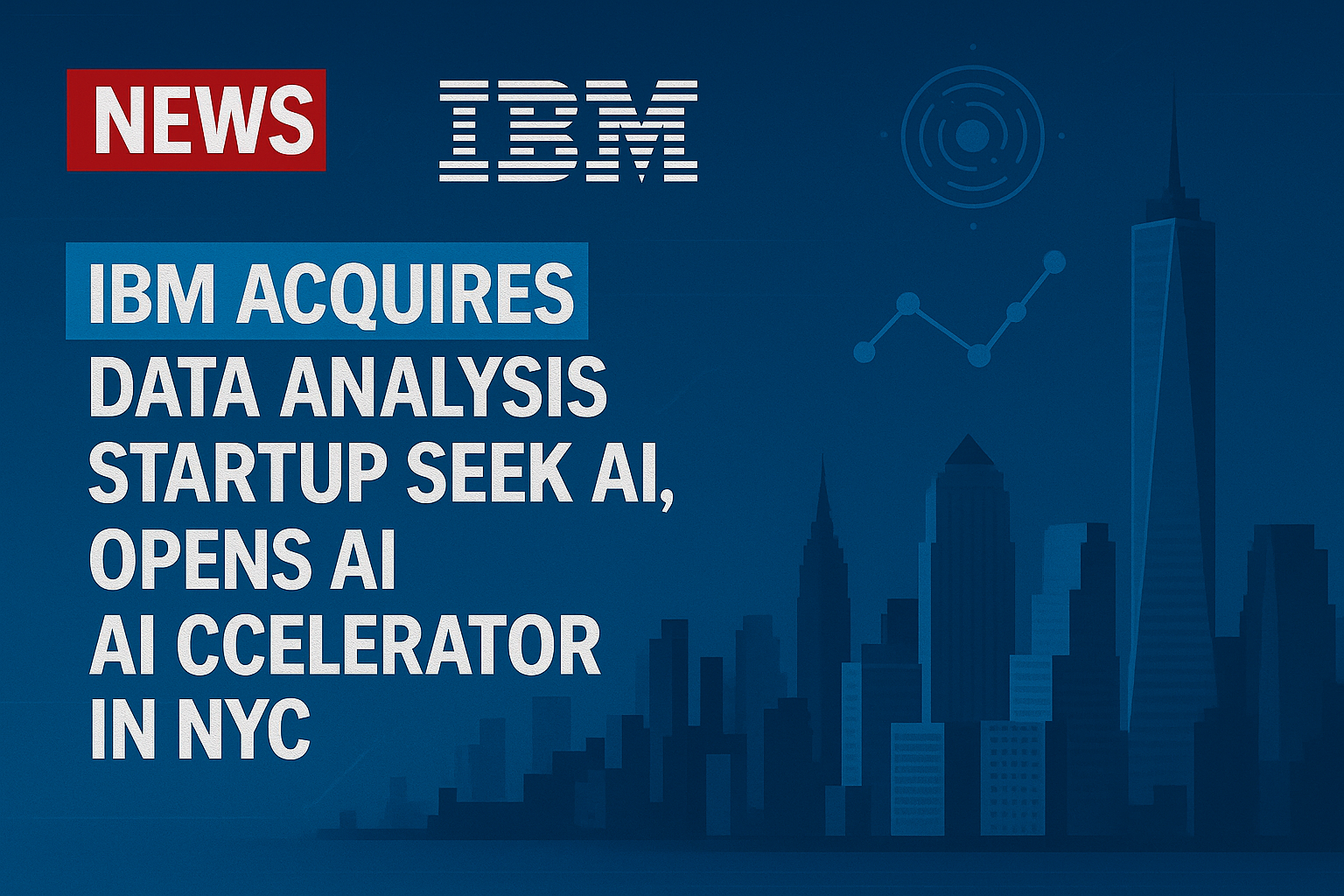Paul McCartney, legendary musician and former Beatle, has expressed deep concern over the growing influence of artificial intelligence (AI) on the creative arts. Speaking amidst ongoing debates in the UK about updating copyright laws, McCartney warned that AI could potentially undermine the rights of young composers and writers, leaving them unable to protect their intellectual property. “It would be a very sad thing indeed,” McCartney said, emphasizing the importance of safeguarding the creative process from being overtaken by algorithmic systems.
The AI Challenge to Creativity
Generative AI models have rapidly evolved, capable of composing music, writing lyrics, and even replicating the styles of iconic artists. These systems often train on extensive datasets, much of which includes copyrighted material, raising ethical and legal questions. While AI presents opportunities to enhance creativity, its potential misuse has alarmed many artists, who fear it could devalue original work and make it harder for young creators to establish themselves.
A Call for Action
McCartney’s warning aligns with growing calls from the artistic community for stricter regulations. As the UK revisits its copyright laws, there’s increasing pressure to ensure that AI developers obtain proper permissions before using copyrighted works. Advocates argue that without these safeguards, the creative industries risk becoming dominated by algorithm-generated content, eroding the human element that defines art.
Balancing Innovation and Protection
While McCartney acknowledges AI’s potential in advancing technology and creativity, he stresses the need for balance. “Innovation is great,” he remarked, “but not at the cost of the integrity of art.” As debates continue, his voice adds weight to a crucial conversation about how society values and protects creative expression in the face of technological change.
The outcome of these debates could set a precedent for how nations worldwide address the growing intersection of AI and intellectual property rights.





